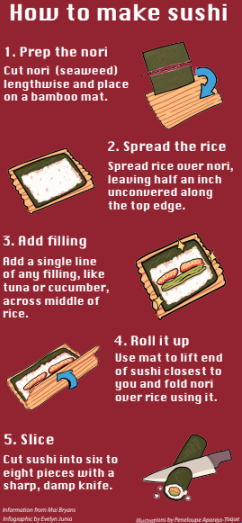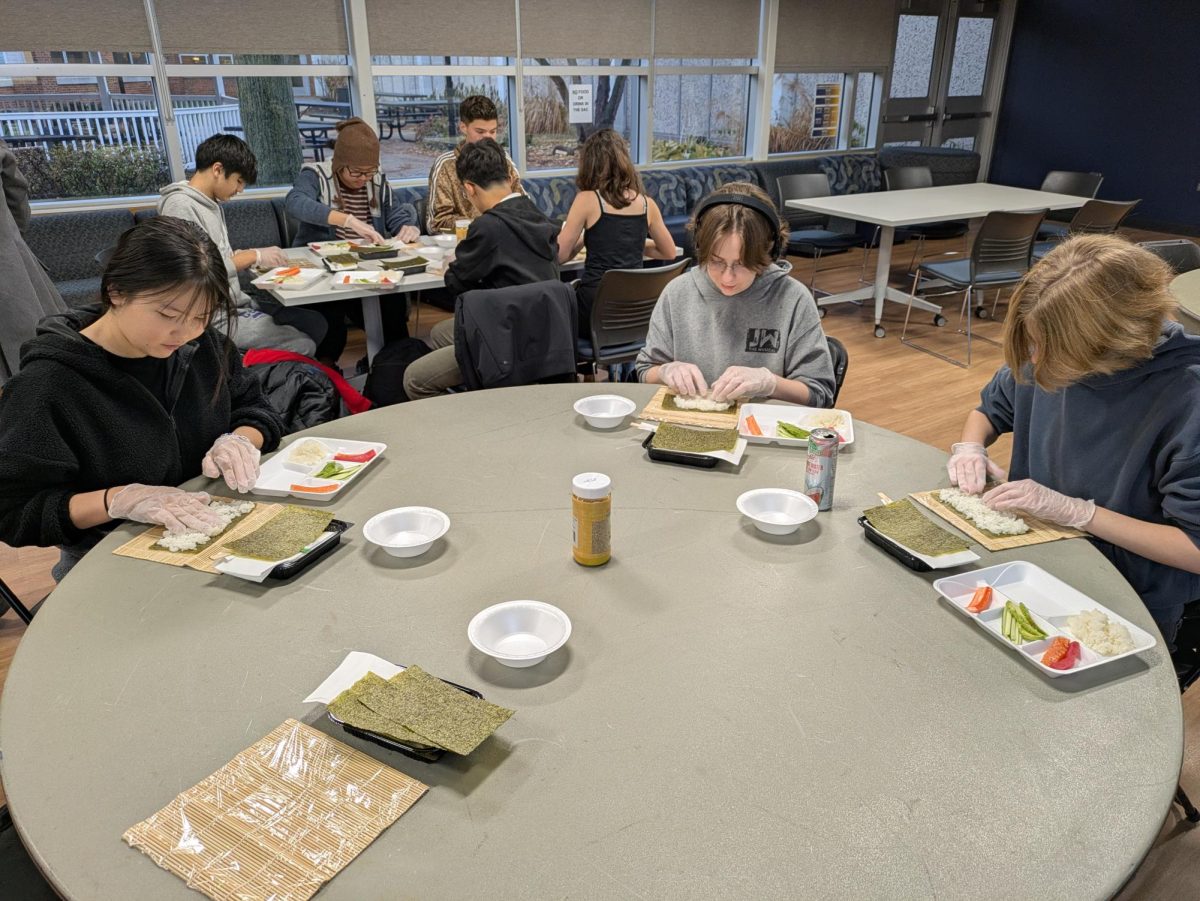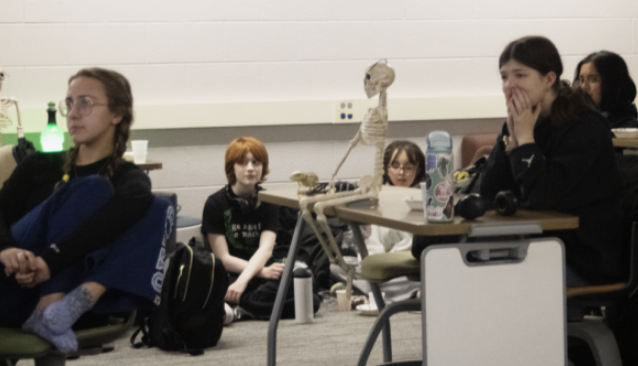“Every little girl wants long hair like Rapunzel,” freshman Grace Moran said.
According to Moran, beautiful hair is a dream of many girls, especially those who are denied it by a life-threatening illness.
The non-profit organization Locks of Love uses hair donations to make wigs for sick children who suffer from hair loss due to chemotherapy, severe burns, genetic conditions or a disease called alopecia areata.
Over the past few years, many South students have donated their hair to this cause.
“I first got it cut […] in kindergarten,” freshman Miranda DeBow said. “I remember thinking even at the small age of five, ‘I definitely want to help other kids in need,’ wondering at the time why others didn’t have hair like I did.”
According to junior Taylor Thomas, the whole process is organized into sections. The salon dries the hair out, cuts it, wraps it in tinfoil and places it in a envelope to be mailed to processing plants in Florida for wig manufacturing.
“When I originally went into the salon, I kept thinking, ‘It’s just hair. It can be grown out again,’” Thomas said. “Afterwards, I was just in shock that it was all just gone.”
According to freshman Sarah Westerfield, going back to get it cut in fourth and sixth grade was very rewarding, even at such a young age.
“You feel good inside knowing that the hair isn’t just going in the garbage, but that it’s going to someone in need of it,” Westerfield said.
South students often cut their hair to support loved ones who have suffered from these disorders. This is the case for Moran.
“When I was younger, my mom’s friend was diagnosed with breast cancer,” Moran said. “[My mom] told me that she had lost all her hair and femininity. Ever since [that conversation], I have wanted to donate my hair and give back.”
According to senior John Basak, he was known as “the guy with the ponytail” by his classmates. Basak recently donated his hair, which had been growing out since sophomore year.
“I’m going into either the Air Force Academy or the Reserve Officers’ Training Corps,” Basak said. “I figured I had to cut it there to maintain the same standards as airmen.”
The hair is ultimately made into wigs, and senior Molly Cunningham, who is going back to donate her hair for the second time in a few weeks, believes that these prosthetics can truly make a difference in a child’s life.
“It probably makes the reality of their life a lot easier to deal with,” Cunningham said. “They might not wear the wig all the time, but when they do, they at least look normal. They may not feel normal, but it’s definitely a step forward for them.”







